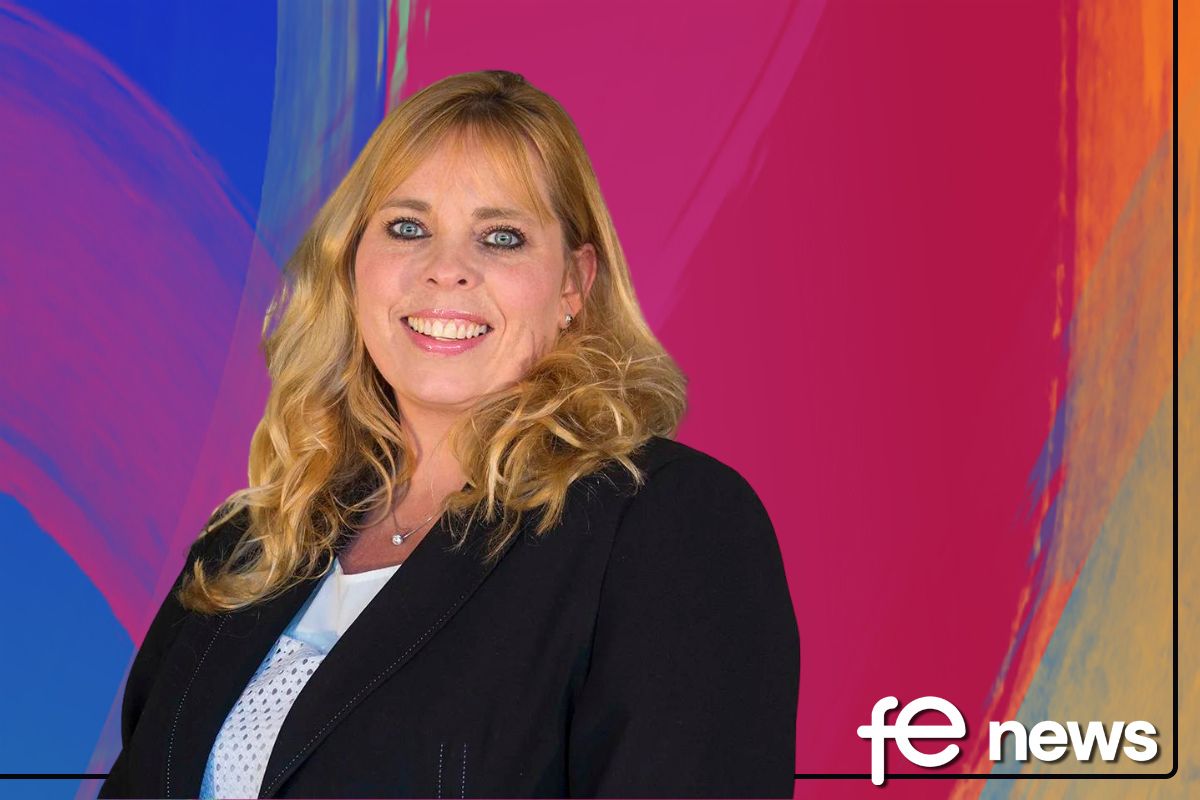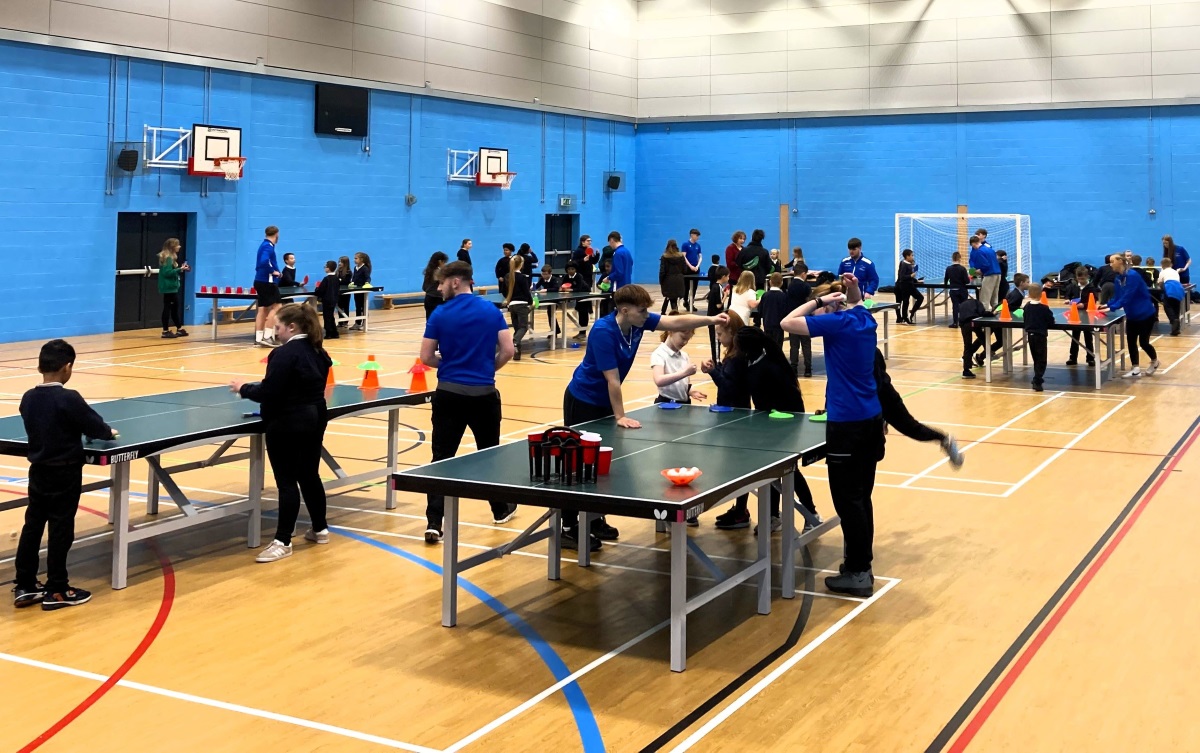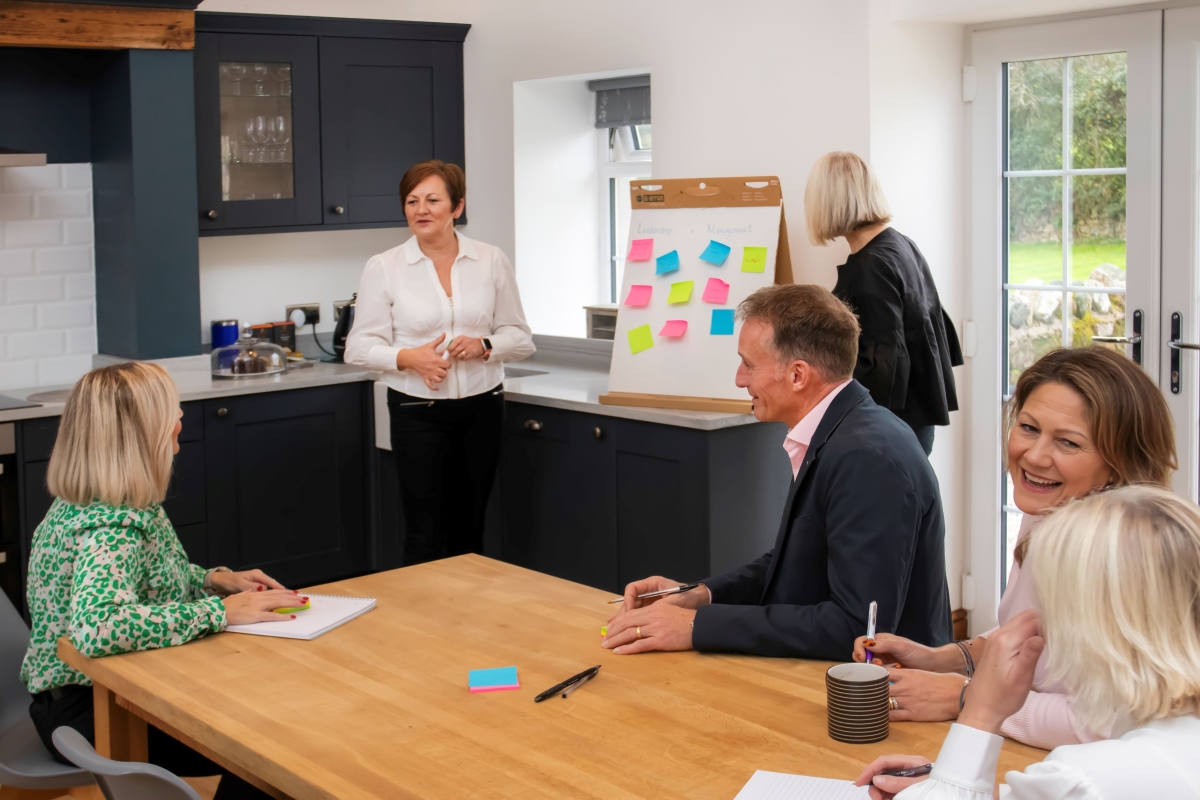Innovative teaching methods in prisons: overcoming barriers to education

Annick Platt, National Operations Director of leading prison education provider Novus, explores some of the innovative teaching methods being used in prisons to deliver effective learning in high-security environments
A large number of people who are in prison have switched-off from education having previously had a bad experience which has led to them having a negative view of education.
As such it is vital that we place particular importance on finding new and innovative ways to engage offenders in programmes of education. When you consider that it is proven that education in prison helps to reduce reoffending and help learners find employment upon release the social value – and economic benefits – of achieving this cannot be understated.
Teaching Strategies in UK prisons
Research by the Ministry of Justice concluded that learners who had participated in education whilst in prison, were significantly less likely to reoffend. Encouraging as many prisoners into education as possible is what we aim to do however, a traditional ‘one size fits all’ approach to education simply does not work.
All prisoners come from differing backgrounds and have their own individual, complex needs that need to be considered when it comes to engaging them in education.
Which is why we provide a number of teaching strategies to ensure all learners are able to engage in education in their own way, at their own pace.
Alongside this we aim to deliver a wide range of professional, education, training, employment and support services so that all prisoners have the opportunity to engage in education. We deliver a range of education and training services to help learners gain the skills they need to find employment upon release and thrive as positive members of society including:
- English, Maths and Digital Skills
- Vocational and Technical education
- Higher level and Distance learning
- Creative Arts and Enrichment
Through our vocational, digital, and creative arts and enrichment provision, learners are able to engage in education in a ‘non-traditional’ way, whilst also gaining their functional skills and qualifications needed to find employment upon release.
Vocational Training
Our vocational training includes high-quality technical training programmes, short courses, taster courses, training workshops and experience-building opportunities, delivered by skilled and experienced tutors and trainers who are experts in their field.
Our vocational provision enables learners to gain industry-specific skills in a work environment. Learners work towards nationally recognised qualifications with embedded English, maths, and employability skills, developing a holistic skillset required by employers. Taking part in vocational training enables learners to get involved in practical, hands-on training whilst also gaining functional skills in English and maths.
Equipping learners with vital digital skills
Our approach to digital over the last few years has been really innovative, with our digital team and tutors having to come up with new and innovative ways to engage learners in digital.
With the technological world constantly changing, learners in prison are at risk of being at a digital disadvantage once released. In order for learners to integrate back into society, it is vital that they are given the opportunity to gain and expand their skills in digital literacy.
Harnessing new education tools
However, with groundbreaking technologies such as AI entering the market, which is changing the way we use and view technology, our teams are having to find new ways to teach digital to learners as well as adhering to the rules and restrictions put in place at each prison site.
One example of this is the use of TeacherMatic to refresh lessons, create multiple choice questions, helping to make lessons fun and engaging and also helping to embed digital skills in education delivery.
Access to digital badges with City and Guilds
Alongside innovations in prison education delivery, it is also vital that the achievements of offenders during their sentence translates into a recognisable qualification upon release.
To ensure that this is as seamless as possible Novus recently collaborated with a range of partners, including HMP Humber and City and Guilds, to enable a Novus learner to receive a City and Guilds Digital Credential for qualifications achieved whilst in custody.
The learner received a Digital Badge, detailing the qualification and the criteria gained to help them secure employment upon release. With this system now proven to work we are looking forward to making this more commonplace in the future and making it easier for even more learners to find successful careers at the end of their sentence.
Utilising creative enrichment to explore education
Alongside our digital innovations Novus are also utilising enrichment programmes which, for some learners, can be a valuable tool in helping them access education programmes to gain skills and qualifications that they can use to make a positive contribution to society upon release.
These creative enrichment programmes enable learners to explore education provision in new ways and can be a way of encouraging learners into education who otherwise would not participate.
For example, by embedding English, maths and digital functional skills into our creative enrichment provision, we are successfully re-engaging learners in education and turning their previous negative experiences with education into positive ones.
Expanding cultural capital
Throughout our creative enrichment provision, we also push to expand learner’s cultural capital. For learners to aspire and be successful academically and in the wider areas of their lives, they need to be given rich and sustained opportunities to develop experience and knowledge that they can draw upon.
Raising their aspirations and exposing them to a range of experiences through the development of cultural capital supports them to achieve rehabilitation goals.
Improving learner engagement, delivering positive learning outcomes
Through these innovative projects and initiatives, we are able to engage more prison learners in education than ever before. Teaching strategies such as our creative enrichment provision and vocational training opens up learners to a new way of learning in which they can gain all the benefits from traditional education in a more practical way.
As society continues to change only by taking innovative approaches can we maximise the impact of prison education to reduce reoffending and ensure that offenders time in prison enables them to gain the skills they will need to secure stable employment and make a positive contribution to society upon release.
Annick Platt, National Operations Director of leading prison education provider Novus.











Responses